Promising practices to support multi-sport programming
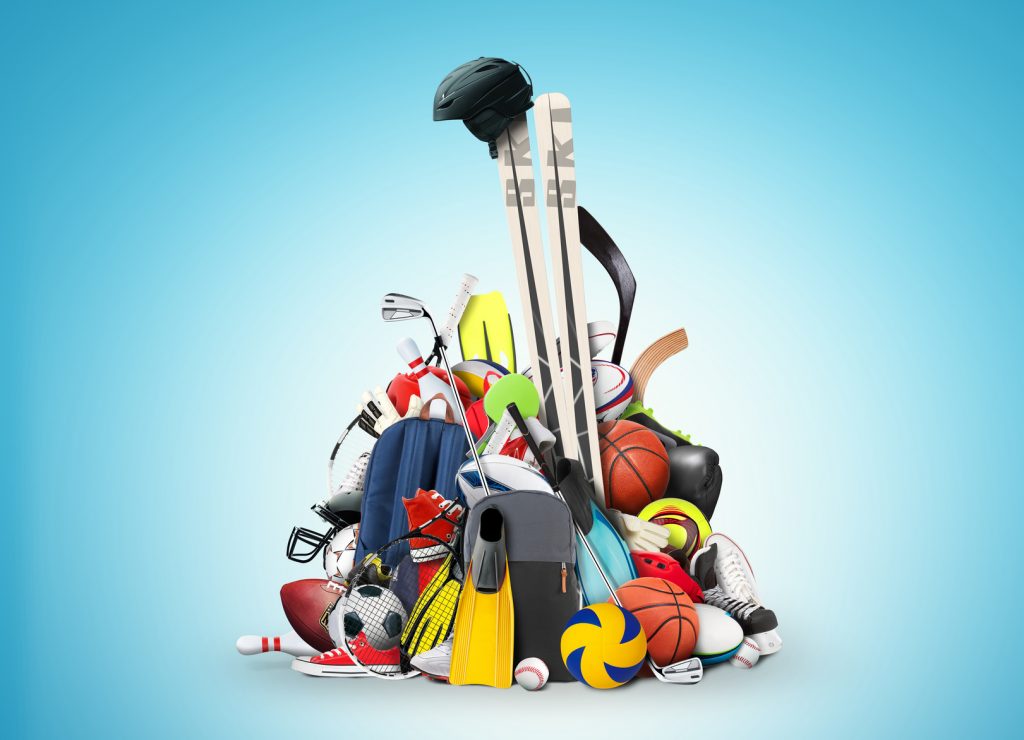
When kids specialize early in one sport or activity, it doesn’t guarantee they will be successful athletes in the long term (Malina 2010). To the contrary, research has revealed that they tend to get injured more frequently, burnout, and quit (Jayanthi et al. 2013, Jayanthi et al. 2015, Fraser-Thomas et al. 2005). This is why…
Taking Action: Community Sport Organizations and Social Responsibility
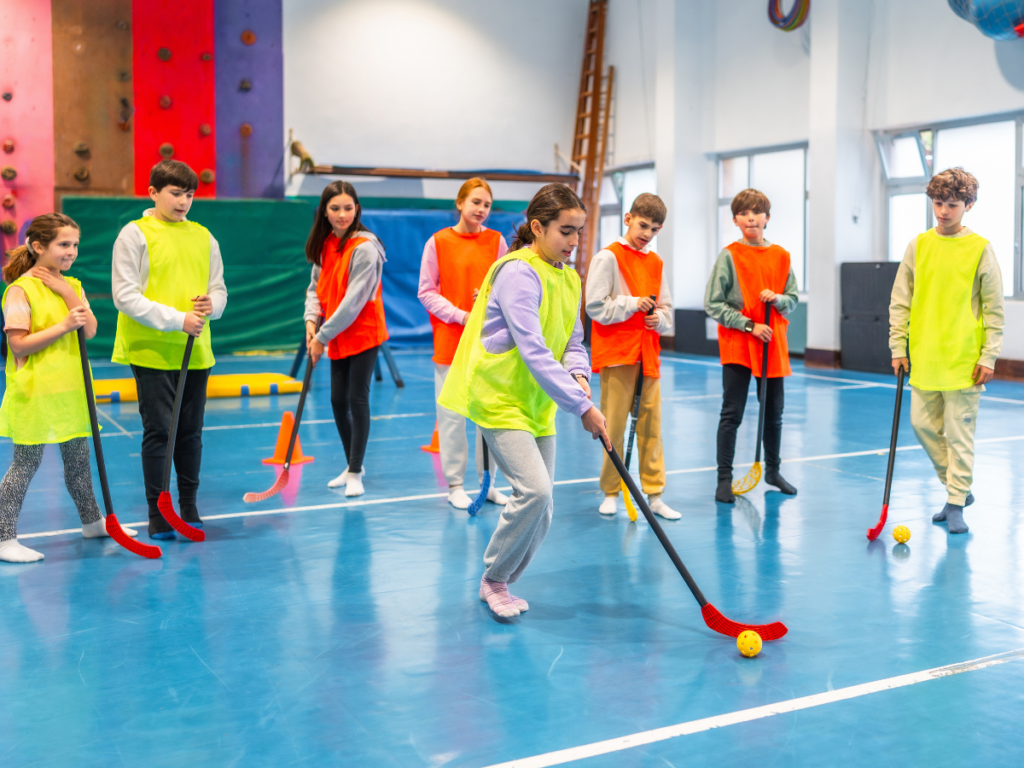
Community sport organizations (CSOs) are a central thread in the fabric of Canadian society, providing a meaningful place for people to play, compete, volunteer, coach, and interact with others who may share their interests and values. As a foundation of the sport development system, we look to them to provide high quality, fun, and safe…
Leveraging parasport events for sustainable community participation
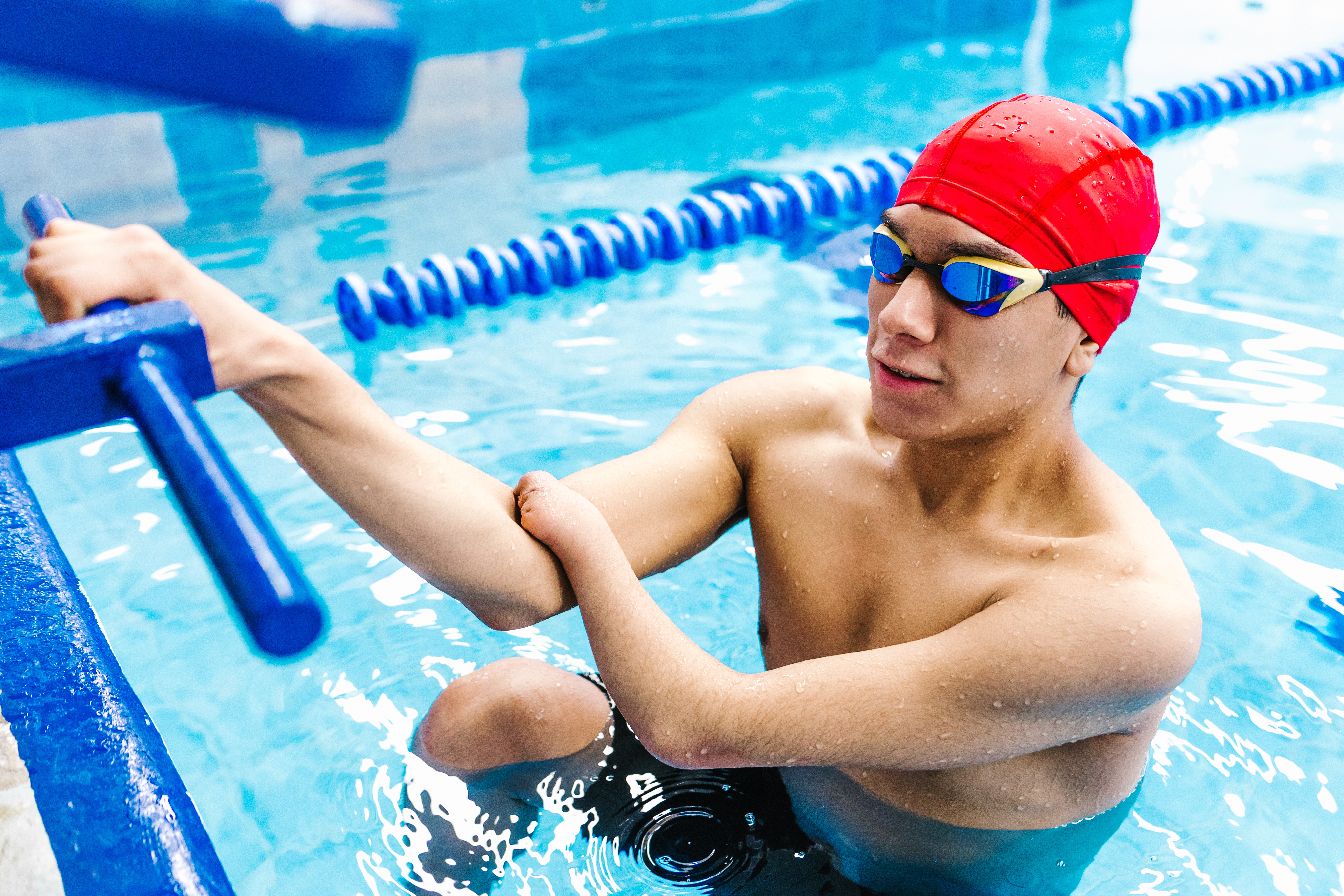
View the summary of this research here. The aim of this project was to examine how the hosting of different forms of sport events for persons with disabilities were being leveraged to create opportunities for community participation, and influence community attitudes towards disability. Research on events demonstrates that it is necessary to intentionally and strategically…
Advancing Concussion Education at the Community Level
Participation in sport can be an integral, rewarding component of life. However, sport concussions can too easily derail the benefit of both competitive and casual exercise—instances that can be avoided through proper education and preventative measures. Sport is especially advantageous for adolescents. Those who participate in sport during this period often build better social skills,…
Health and Sport Working Together to Improve Concussion Safety in Kids
The growth in knowledge of the potential impact of concussion in recent years has prompted a demand for sports organizations across Canada to work with experts in health and health care to enhance the safety of athletes. One example of this is the collaboration between the Greater Toronto Hockey League (GTHL), the largest hockey league…
Underserviced Youth: Sports Participation Barriers and Best Practices
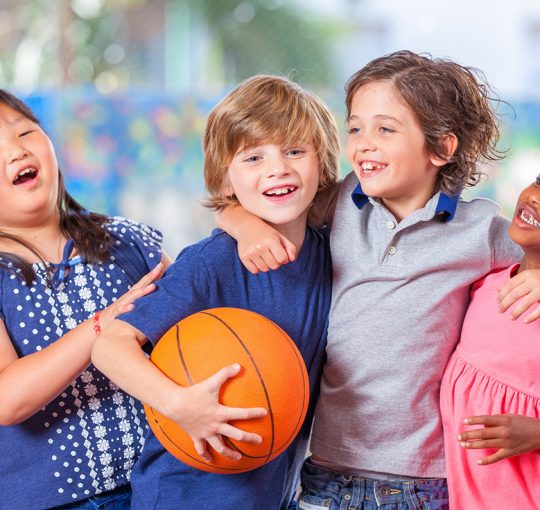
According to Statistics Canada, children who live in unsafe neighborhoods, children of new immigrants and children coming from low-income families are less likely to participate in sports. For children, joining a sports team is an opportunity to learn, create new friendships, and develop fundamental skills. Being part of a sport team not only keeps kids…
USE OF COMMUNITY-BASED PARTICIPATORY RESEARCH TO ENGAGE INDIGENOUS YOUTH IN SPORT RESEARCH

SIRC is pleased to be working together with Sport Canada to share current research on topics informing policy and promoting quality sport programming. This week we are sharing highlights of a recent article reviewing a research study examining the USE OF COMMUNITY-BASED PARTICIPATORY RESEARCH TO ENGAGE INDIGENOUS YOUTH IN SPORT RESEARCH. Community-Based Sport Research with…
The Power of Sport
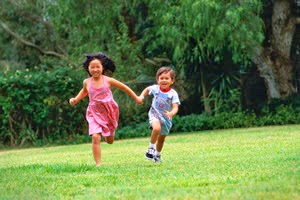
Sport for development refers to any initiative that uses sport to help improve or strengthen its community or helps assist people in need. However, when people talk about sport for development they are often referring to organizations like Right to Play and UNICEF who work in developing countries all over the world. What is often…
National Health and Fitness Day

National Health and Fitness Day (NHFD) takes place on June 7, 2014 and is about involving local governments in increasing the physical activity of their communities in response to declining rates of physical activity and increasing rates of heart disease and obesity. The project was initiated by MP John Weston in the fall of 2012…
Hockey in the Streets
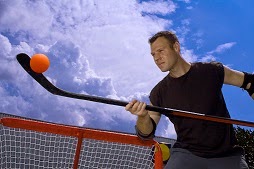
by Richard Halfyard – Library and Information Technician Intern Now that the Stanley Cup Playoffs are under way many Canadian hockey fans have settled down to watch their favorite team play. This time long tradition of watching ice hockey athletes compete at a high level of competiveness to win Lord Stanley’s Cup has inspired generations…